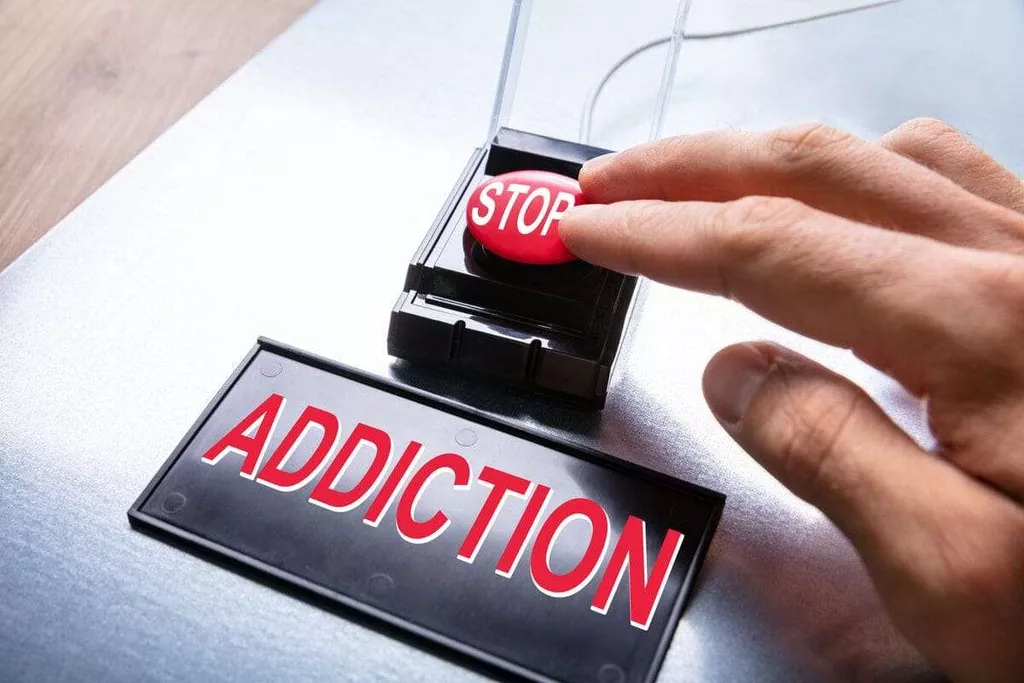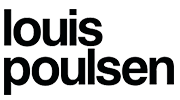Blog
The Hidden Craving Among Recovering Alcoholics Revealed

By understanding these neurological factors, individuals and recovery programs can better tailor strategies that address both sugar and alcohol cravings, helping to stabilize recovery efforts. Eating sweet foods can reduce the intensity of these drug cravings by giving a short dopamine boost, which could be the difference between remaining in recovery or experiencing a relapse. For that matter, as we’ve also noted above, there are many different elements in play as regards sugar cravings.

I Almost Relapsed on My Birthday But..
This involves incorporating nutrient-dense foods that provide essential vitamins, minerals, and antioxidants. The counselor can help create meal plans drug addiction treatment and suggest healthier alternatives to satisfy sugar cravings without compromising overall health. Giving in to these cravings can be dangerous, as the sugar high can mimic the effects of alcohol, making it vital for individuals in recovery to find healthy ways to satisfy cravings 3.

How to Manage Sugar Cravings During Alcohol Addiction Recovery
From personalized behavioral therapy to nutritional guidance and robust aftercare, sugar cravings can be managed effectively, ensuring a successful recovery. By recognizing the emotional challenges of recovery and implementing healthy coping mechanisms, individuals can navigate the cravings for sugar that often accompany alcohol use disorder recovery. Remember, everyone’s journey is unique, so finding strategies that work best for you is key to maintaining sobriety and overall well-being. During the recovery process from alcohol use disorders, individuals often face emotional challenges that can contribute to cravings and the desire for comfort. Understanding these emotional factors and developing healthy coping mechanisms is essential for navigating recovery successfully.
How to Recognize and Celebrate Progress in Sobriety
Recovering from alcohol addiction and managing sugar cravings can be challenging, and seeking support is crucial. During the process of recovery, when alcohol is no longer consumed, the brain seeks alternative ways to stimulate the release of dopamine. Sugar can act as a substitute, as it also activates the brain’s reward pathways and results in the release of dopamine. This can create a similar pleasurable experience and contribute to the cravings for sugar in recovering alcoholics.
- It also highlights the need for understanding and addressing cravings in the context of alcohol dependence treatment and recovery.
- Proper nutrition is crucial in the recovery process for individuals with alcohol addiction.
- In this vulnerable state, individuals in recovery may find themselves seeking alternative ways to cope with their emotions.
- Alcohol consumption triggers the release of dopamine, leading to feelings of pleasure and reward.
- Moreover, alcohol can disrupt the body’s blood sugar regulation, leading to fluctuations in glucose levels.
- Two significant factors that play a role in alcoholics’ sugar cravings are blood sugar levels and insulin resistance, as well as the impact of alcohol on the brain’s reward pathway.
This is because of the strong connection between the cravings for sweet foods and addictive behaviors. Understanding the relationship between alcohol and sugar cravings is crucial why do recovering alcoholics crave sugar in developing effective strategies to manage these cravings. Moreover, many recovering alcoholics suffer from nutrient deficiencies resulting from previous excessive alcohol use, which often took precedence over well-rounded nutrition. This lack of essential nutrients can contribute to fatigue and feelings of weakness, prompting cravings for sugary foods that quickly replenish energy levels. In addition, alcohol consumption often disrupts blood sugar regulation, leading to fluctuations that further drive the desire for high-sugar foods as a quick fix.
- The emotional regulation steered by the gut can heighten cravings for sugar, reinforcing the cycle between sugar addiction and alcohol dependency.
- The relationship between alcohol and sugar is evident in the way they both affect the brain’s reward system.
- With the right strategies and support, individuals in recovery can effectively manage these cravings and make significant strides towards recovery.
- Regular physical activity can also help manage cravings, as can therapeutic interventions like mindfulness and cognitive-behavioral strategies.
- They can also provide emotional support and help recoverees navigate other aspects of their recovery journey.
















